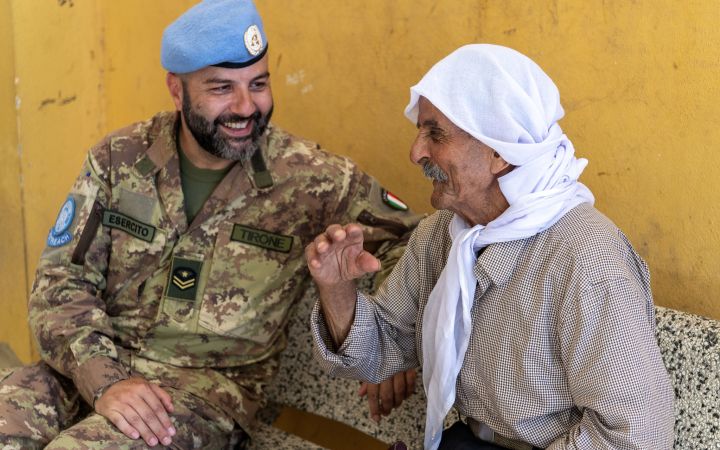Intercultural competencies are essential to the success of peace missions conducted in diverse socio-cultural environments. This online course provides peace personnel with the necessary tools to go beyond language skills and operate effectively through a deep understanding of local cultural, social, and organizational dynamics. It aims to bridge the gap between theory and practice to enhance operational effectiveness.
The course consists of 4 modules, subdivided into 5 lessons. The estimated time to complete the course is approximately 15 hours.
The International Organisation of La Francophonie (OIF), with the support of France, and in collaboration with the United Nations Institute for Training and Research (UNITAR), has developed this free, self-paced online course for military personnel, police officers, and civilians involved in peace missions.
The content is mainly based on experiences from various peace missions, notably in Lebanon, the Central African Republic, the Democratic Republic of the Congo, and Haiti.
This course is open to anyone wishing to strengthen their cultural sensitivity, ability to build trust, resolve conflicts, and promote sustainable peace in complex environments.
The learning materials were developed in consultation with local experts deployed in the field. They reflect social, cultural, and political realities in constant transformation. Aware that interculturality is a dynamic and sensitive topic, we invite you to share your feedback and suggestions at ptp@unitar.org.
The course is now open! Access it directly here and start your learning: Intercultural Competencies in Peace Missions | UNITAR
Key Areas
- Cultural Adaptability: Develop skills to understand the socio-cultural and historical contexts of host countries, enabling effective and respectful interactions with local communities and authorities.
- Gender and Intersectionality: Integrate gender-sensitive and intersectional approaches to promote inclusion and equity in interactions.
- Skill Building for Complex Environments: Master essential skills such as active listening, empathy, intercultural communication (both verbal and non-verbal), and effective collaboration within multicultural teams
Additional Resources
Enhance your impact on the ground with Lexicopaix and Lexikozé, free offline interactive dictionaries designed for uniformed personnel to improve their French and Haitian Creole skills in peacekeeping missions. Developed jointly by the International Organization of La Francophonie (OIF), the French Ministry for Europe and Foreign Affairs, and CAVILAM-Alliance Française.
Find out more here: Lexicopaix and Lexikozé


